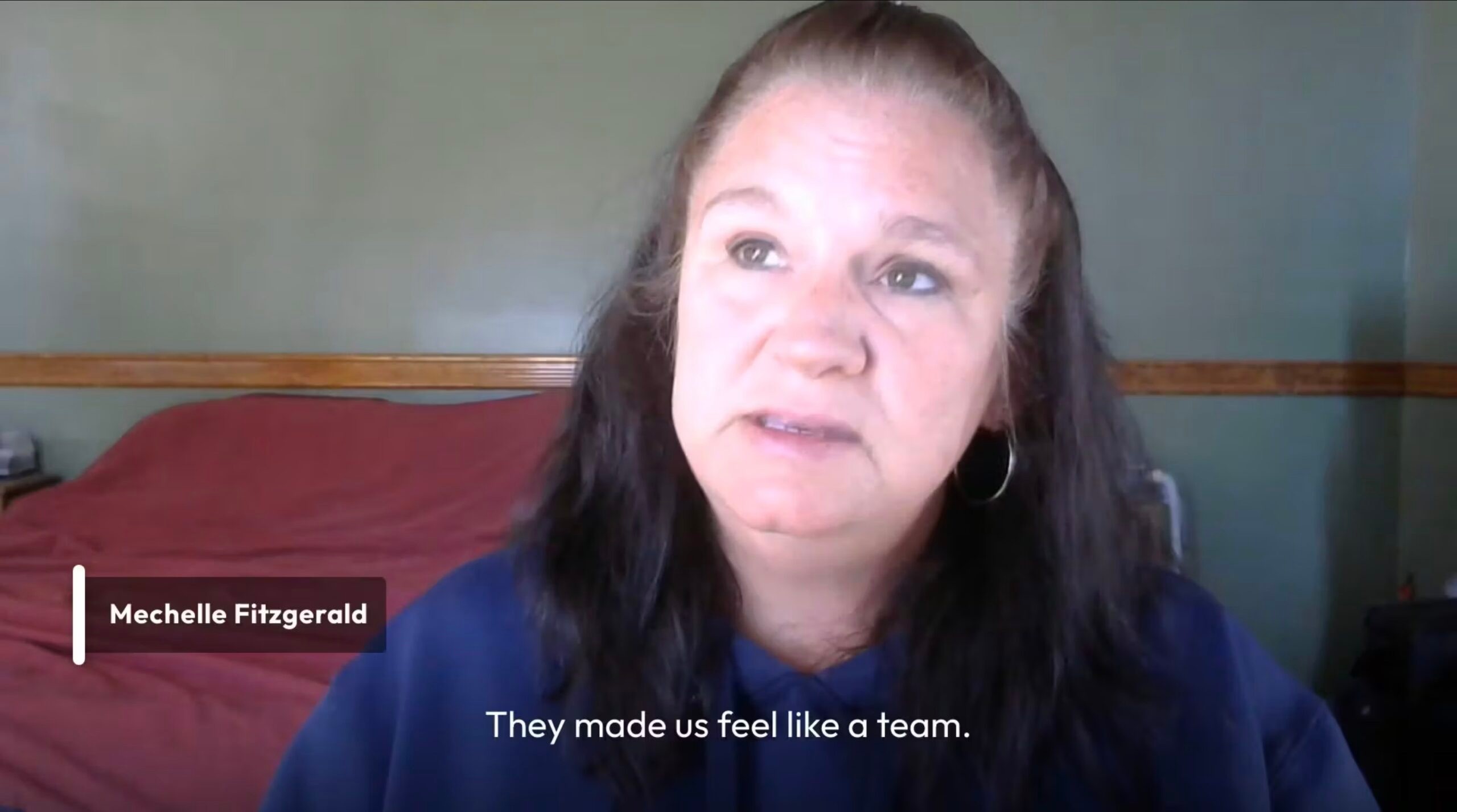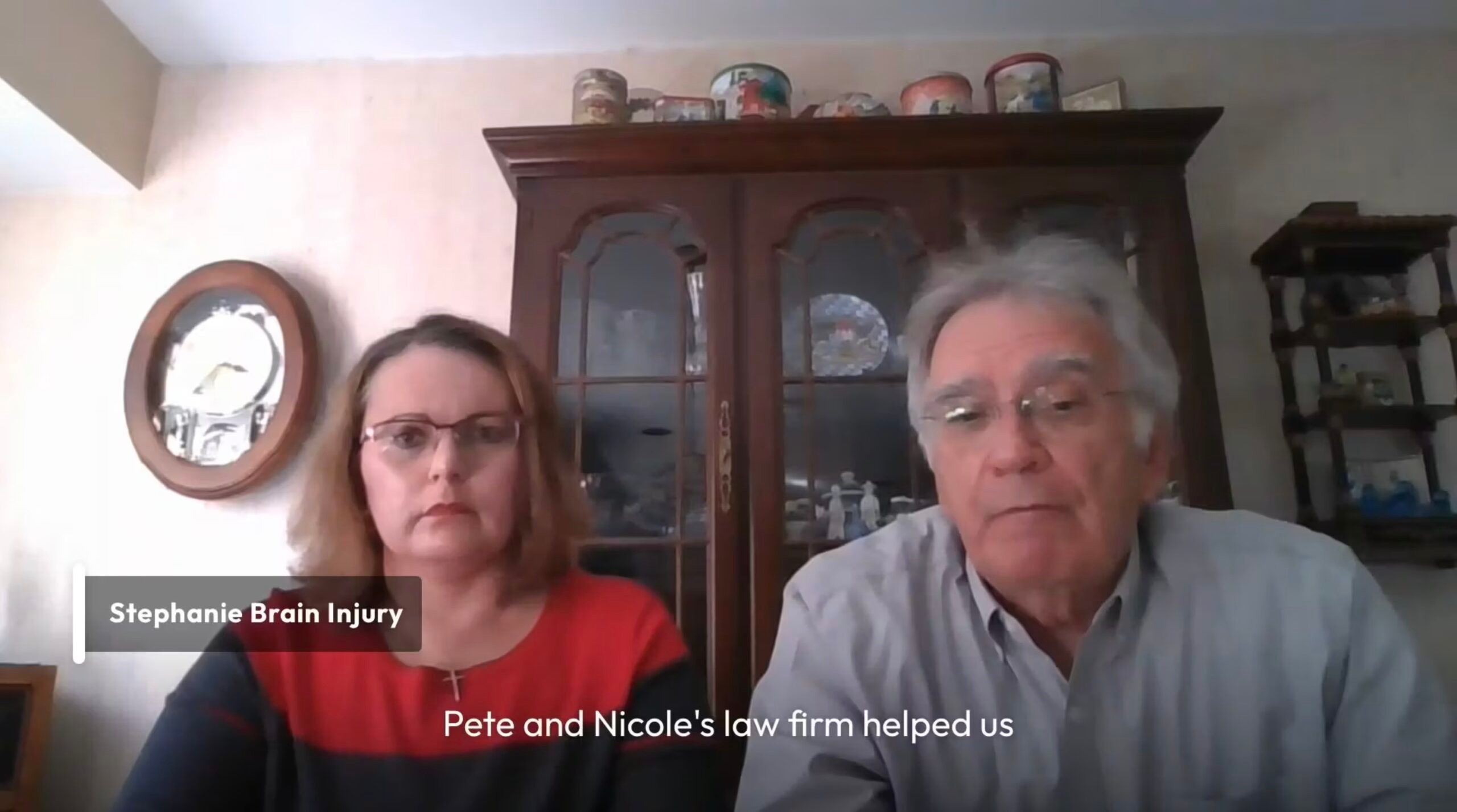What Are the Consequences if a Philadelphia Doctor is Found Guilty of Malpractice?

A medical malpractice case often leads to painful dilemmas. If you or a loved one have suffered through injuries due to medical error or negligence, you may want more than just your damages. You may want the peace of mind that would come with knowing that the doctor that hurt you cannot hurt other people. Could they be barred from practicing in the commonwealth of Pennsylvania? On the other hand, that may not be what you want. You may have known your doctor well and would not want to destroy their career.
However you may feel, you do not have to take on this worry together with everything else in your life. In Pennsylvania, a medical malpractice lawsuit cannot go forward without a certificate of merit signed by another doctor, confirming that there is at least a reasonable probability that the plaintiff’s case will succeed. As such, you can be assured that if there is a settlement or a verdict in your favor, the doctor at fault has done something that the medical community should take seriously.
Professional Discipline for Medical Malpractice Claims
The Bureau of Professional and Occupational Affairs ultimately governs licensure in the commonwealth. When a doctor is named in a malpractice lawsuit, they are required to submit a copy of the complaint to the Bureau’s State Board of Medicine, or, if they are osteopaths, to the State Board of Osteopathic Medicine. If the patient’s complaint is settled without trial, the National Practitioner Data Bank (NPDB) requires that the settlement be reported to the NPDB and to the state licensing board.

In addition, anyone may make a complaint about a professional to the State Board, and it will determine whether there is a basis for investigating the complaint. If so, the Board will proceed with its investigation and disciplinary measures. The doctor has a right to due process, including a hearing and an appeal.
Pennsylvania law provides that the Board can discipline a doctor for, among other things:
- Having a medical license suspended, revoked, or otherwise disciplined in another state, territory, or country, or by the federal government (63 Pa. Stat. § 422.41(4))
- “Immoral or unprofessional conduct … [including] a medical service at a level beneath the accepted standard of care” (§ 422.41(8)(ii))
- “Acting in such manner as to present an immediate and clear danger to public health or safety” (§ 422.41(9))
- “Performing a medical act or treatment regimen incompetently” (49 Pa. Code. § 16.61(a)(3))
- “Practicing the healing arts while the ability to practice is impaired by alcohol, drugs or physical or mental disability” (§ 16.61(a)(7))
When a doctor is charged with a crime, prosecuting attorneys for the Bureau can file a petition for temporary suspension of their license on the grounds of an “immediate and clear danger” to the public. This often occurs when the crime involves narcotics or violence.
A malpractice complaint does not typically allege a criminal act, and the Board is not known to take drastic action for that reason alone. If they do, it often follows on proceedings in another state where the respondent doctor was disciplined for malpractice. It is doubtful that the Board would suspend or revoke a physician’s license due to one single case of malpractice without any criminal element. What is more likely is that the Board would give them one or more of the following:
- A public reprimand
- An order for mandatory continuing education
- Probation or other license restriction
- A civil penalty (a fine)
A respondent doctor may enter into a consent agreement (settlement) with the Board, allowing them to accept the discipline and resume their practice as soon as they may.
Career Consequences
This does not mean that the doctor has “gotten away with it.” Discipline remains part of the doctor’s public record, searchable on the website of the Board of State Licensure together with the facts of the case, and available to institutions who submit an inquiry to the NPDB.
A doctor with a record of malpractice is not appealing to employers. This is not simply a matter of reputation; hiring them would increase the institution’s mandatory malpractice insurance premiums, which are extremely high at the best of times. If the doctor decides to strike out on their own, they will be responsible for those premiums themselves.

Whether or not they remain in their positions, most doctors are shaken when they are found liable for malpractice, and they must make changes in their lives, often for the better. If you or your loved one have undergone negligent medical treatment, let us help you and help everyone move forward.
![Quote]() "Want to thank all of you once again not only for your professional services but your friendship and feeling like family through all of these past four years as we fought to rebuild Stefanie's life. I could not have made a better choice for helping us through this ordeal."
"Want to thank all of you once again not only for your professional services but your friendship and feeling like family through all of these past four years as we fought to rebuild Stefanie's life. I could not have made a better choice for helping us through this ordeal."Karl
- "They are all very helpful, caring and they do everything to try to make sure you as a client are OK and get you what you deserve. I would recommend them to anyone. They are a great law firm."
Tiffany
![Quote]() "I will happily be recommending your firm to anyone who may need your help in the future because of Jen, Eric and Brian."
"I will happily be recommending your firm to anyone who may need your help in the future because of Jen, Eric and Brian."Michelle
Hear What Our Clients Have to Say






